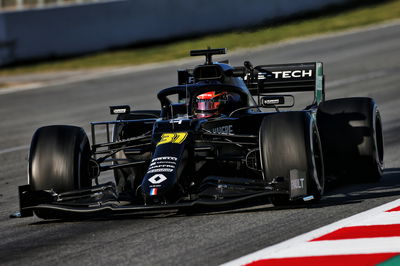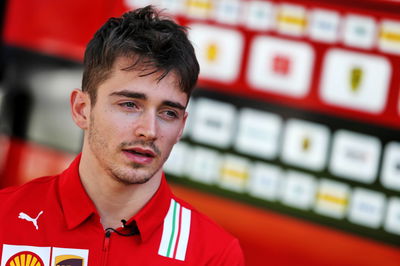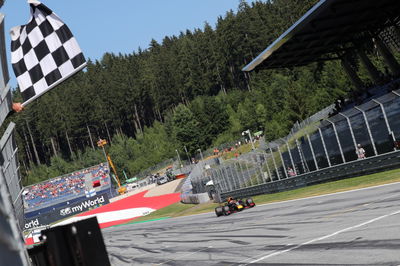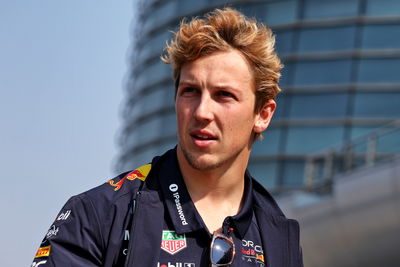Esteban Ocon: No ‘jokers’ to play in shorter F1 season
Esteban Ocon believes a shorter Formula 1 season would place greater emphasis on consistency and leave no room for retirements as there will be no “joker” to play.
F1 had been due to embark on its longest campaign in history with 22 races before the schedule was decimated by the coronavirus crisis, forcing the first 10 rounds to be either postponed or cancelled.
Championship officials have outlined an initial blueprint of a rescheduled calendar consisting of between 15 and 18 races and hope to resume racing behind closed doors in Austria in early July.

Esteban Ocon believes a shorter Formula 1 season would place greater emphasis on consistency and leave no room for retirements as there will be no “joker” to play.
F1 had been due to embark on its longest campaign in history with 22 races before the schedule was decimated by the coronavirus crisis, forcing the first 10 rounds to be either postponed or cancelled.
Championship officials have outlined an initial blueprint of a rescheduled calendar consisting of between 15 and 18 races and hope to resume racing behind closed doors in Austria in early July.
Speaking to Sky Sports News about the implications of a shorter F1 season, Ocon said: "There's not going to be any joker [to play].
"There's no places to DNF. It's going to be very important to finish all the races, score all the points available, and get it to the finish.
"The more we can do the better it would be for a championship,” he added. “But I agree that for a good 10 races or more if we can do that it would be still valid.
"There are enough races and it's the same for everyone to determine who is the best and who's not in the end.”
It is understood that F1 wants to hold back-to-back races in both Austria and Silverstone across July to get the campaign off the ground.
Asked whether he thinks holding two races at the same venue would result in the same, or similar, results, the Renault driver replied: "Of course, if you win you want to come back and be winning again, but I had the experience of doing that in Formula 3 and DTM and it's never the same results.
"When you come back you are stronger the second time. Things change and people work better on the second time or don't improve enough, so it's going to be very different if we do it like that.”
Charles Leclerc reckons drivers will be more likely to increase the amount of risk they take during races in a more congested world championship scenario.
"Obviously having less and less races, people will want maybe to take a bit more risk," Leclerc explained.
"So yes, we might have some surprises and it might be actually quite exciting to watch.
"I'm pretty sure Mercedes and Lewis [Hamilton] are still the favourites even if it's an eight races championship, so it's going to be very difficult to beat them.
"But yeah, probably [we] will risk, at least more on track with risky strategy or risky overtakes. Maybe it will pay off, maybe it will not.”

Meanwhile, Ferrari teammate Sebastian Vettel recently insisted that a shortened season would not devalue the eventual world champion’s achievement.
"We had less races in the past, and more races today, but I don't think it makes a big difference,” he said. “A season is the season whether it's 10, 15, 20 or 25 races.
"You still have to be the one who is most consistent. With less races every race is more important, but in the end the championship will still be the championship. It's still a long way and a single race weekend is a long way."












